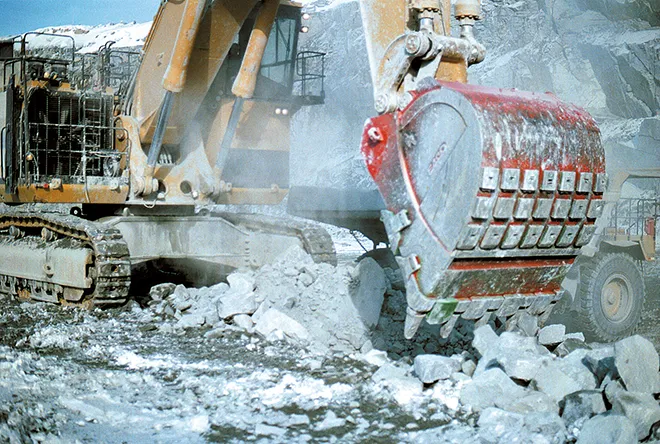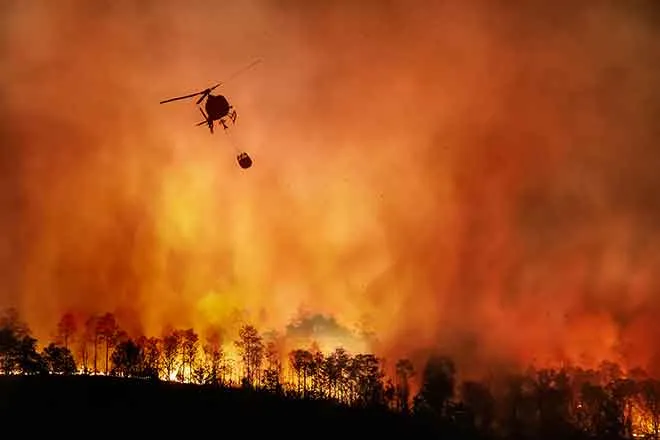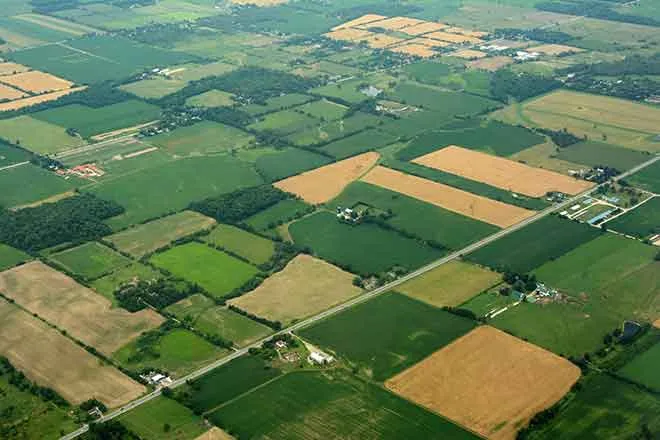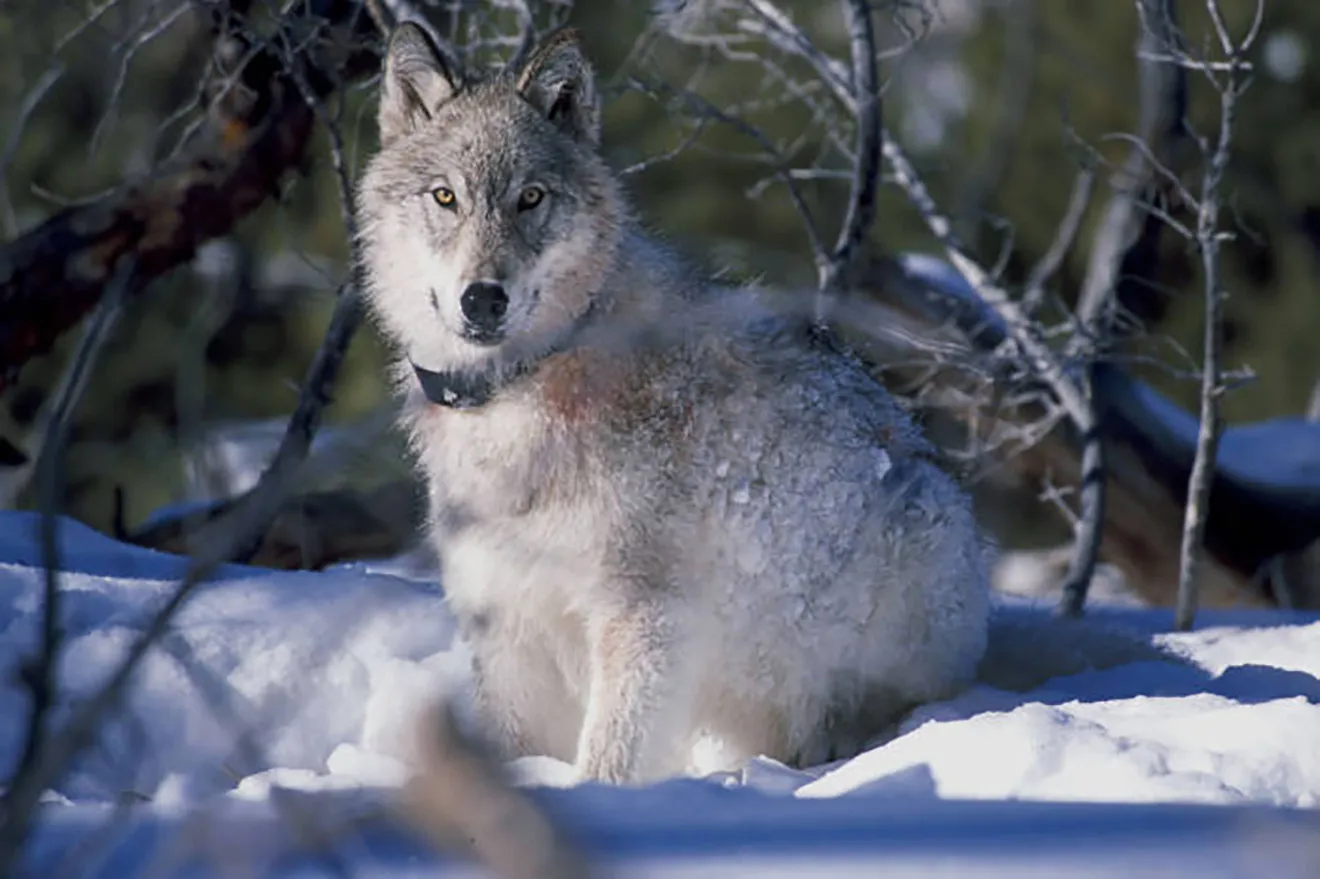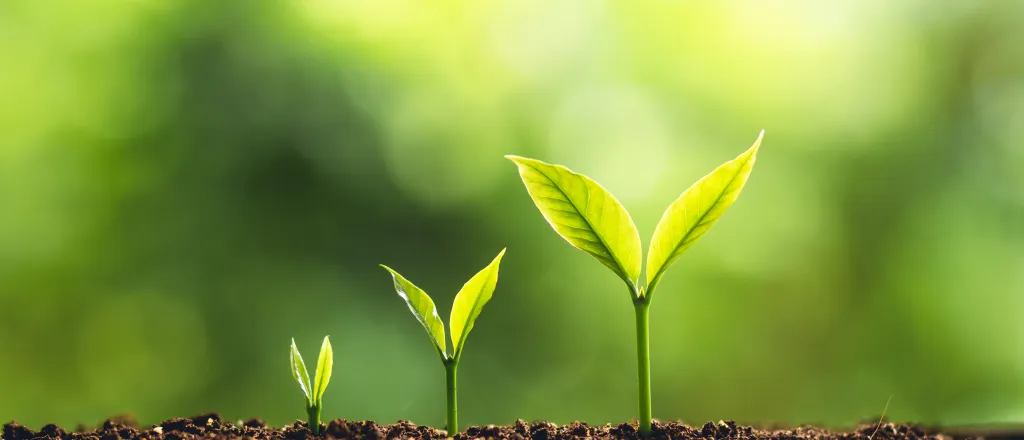
Growing sustainable agriculture by investing in skilled workforce
Click play to listen to this article.
As Colorado experiences more frequent extreme weather events, prolonged drought and loss of biodiversity because of a changing climate, farmers and scientists are developing more resilient and sustainable practices to mimic what Mother Nature has been doing for thousands of years.
Liz Carlisle, associate professor of environmental studies at the University of California-Santa Barbara and co-author of a new study published in the science journal Frontiers, said agroecological farming can create tightly connected cycles of energy, water and nutrients, if farmers get the resources they need.

© iStock - Pashalgnatov
"If we want to have a more sustainable food system, we really need to invest in that next generation of farmers and their development of knowledge," Carlisle urged. "And really think of them as the most important resource in farming."
Most of today's farms rely on fossil fuel-based inputs such as chemical fertilizers and pesticides, and soil is essentially just a place to stand up crops. This new approach prioritizes a living, healthy soil and aims to replace nonrenewable chemicals with people who know how to tap into natural ecosystems.
Carlisle pointed out new farms planted in wooded landscapes would look a lot like an actual forest. There would be multiple layers of crops, including trees. Farming on Colorado prairie lands could include regenerative grazing patterns created by native bison and other herbivores.
"Agroecological farming systems are really trying to work with nature -- and the services that nature provides, in terms of pest control and fertility -- rather than working against nature," Carlisle explained.
Over the past century, as family farms have been swallowed up by large corporations, farming in the U.S. has trended in the opposite direction. Carlisle noted people with deep ties to their lands have been replaced by chemical-centered practices in an effort to lower labor costs, and entire rural economies have paid the price.
"It's worth investing a little bit more of our tremendous wealth as a society in the people that do that critically important work," Carlisle contended. "And the landscapes that they are caring for."


